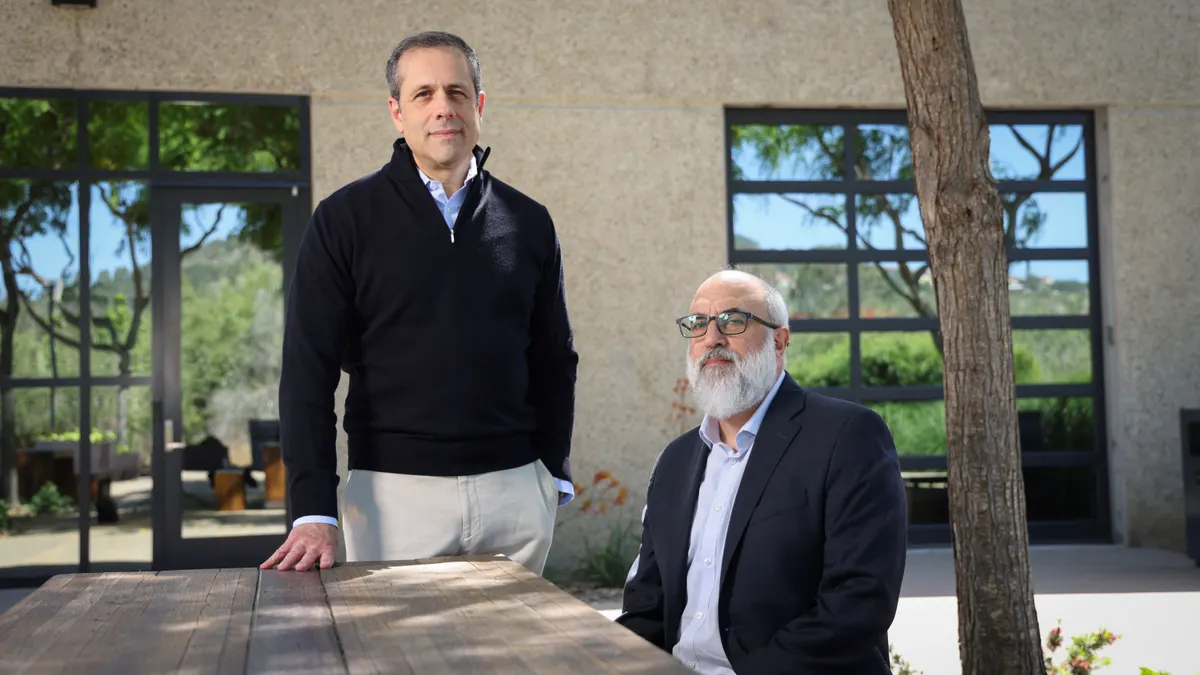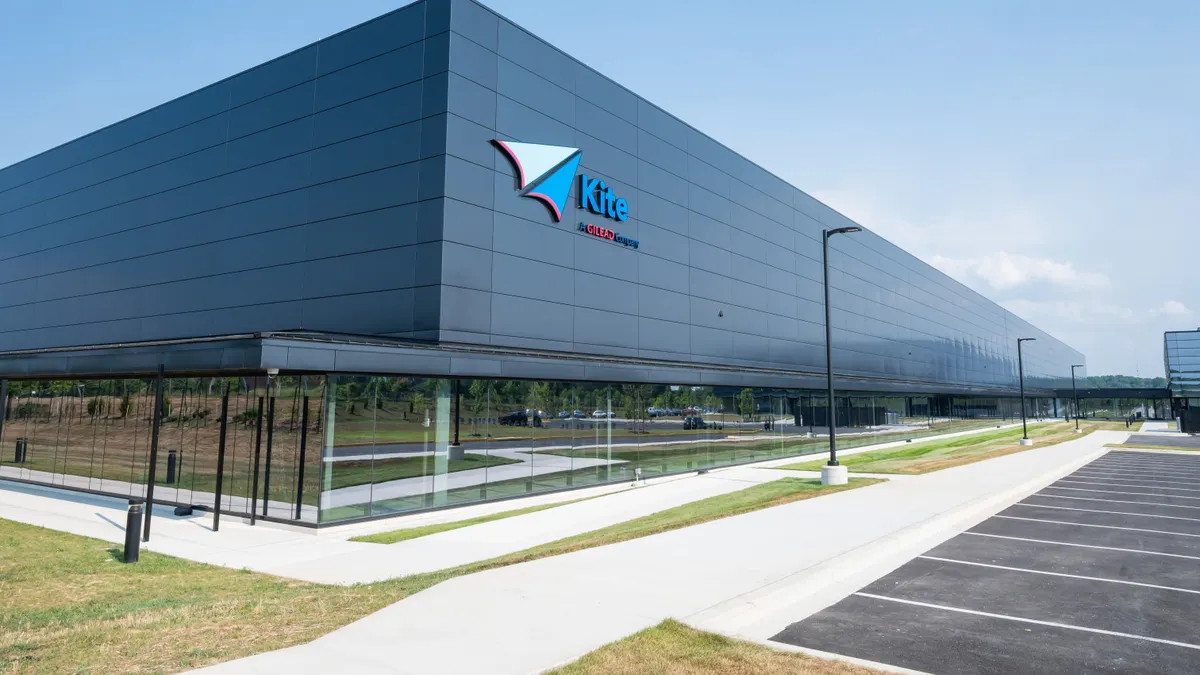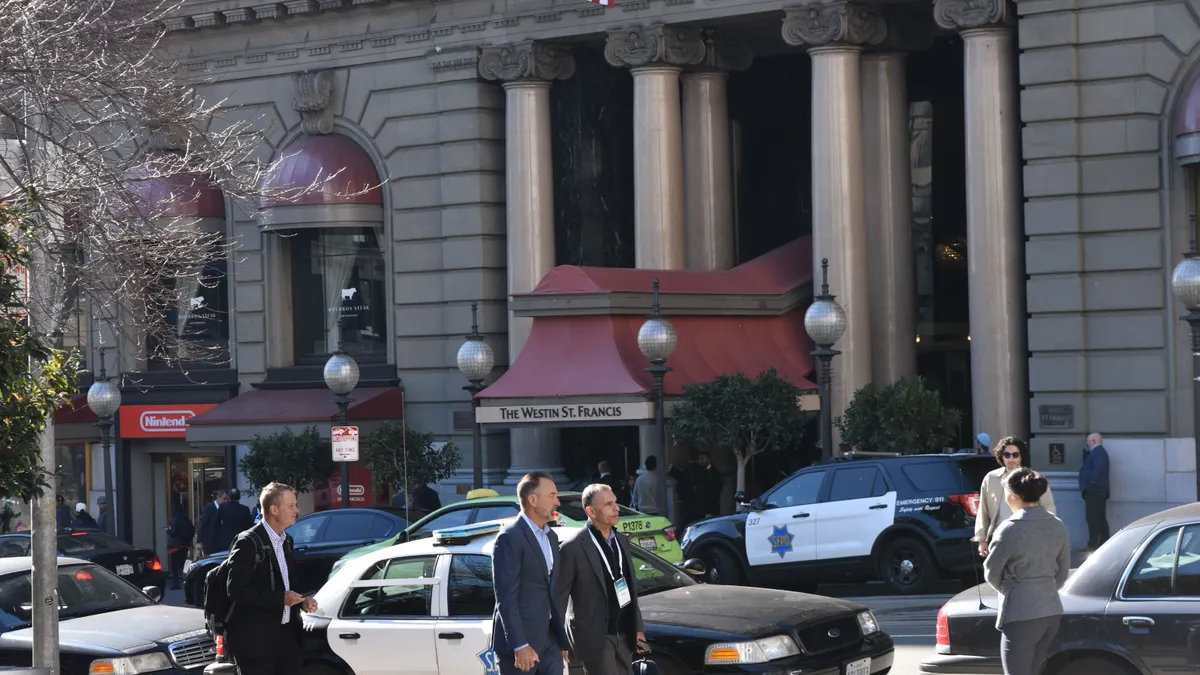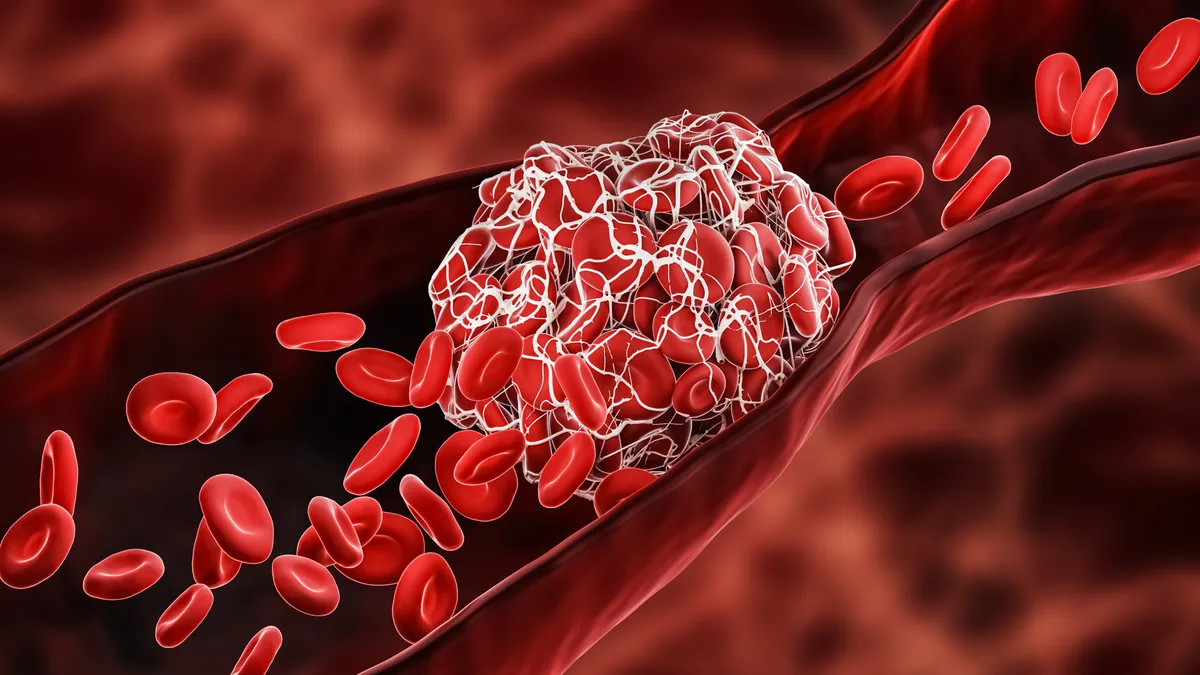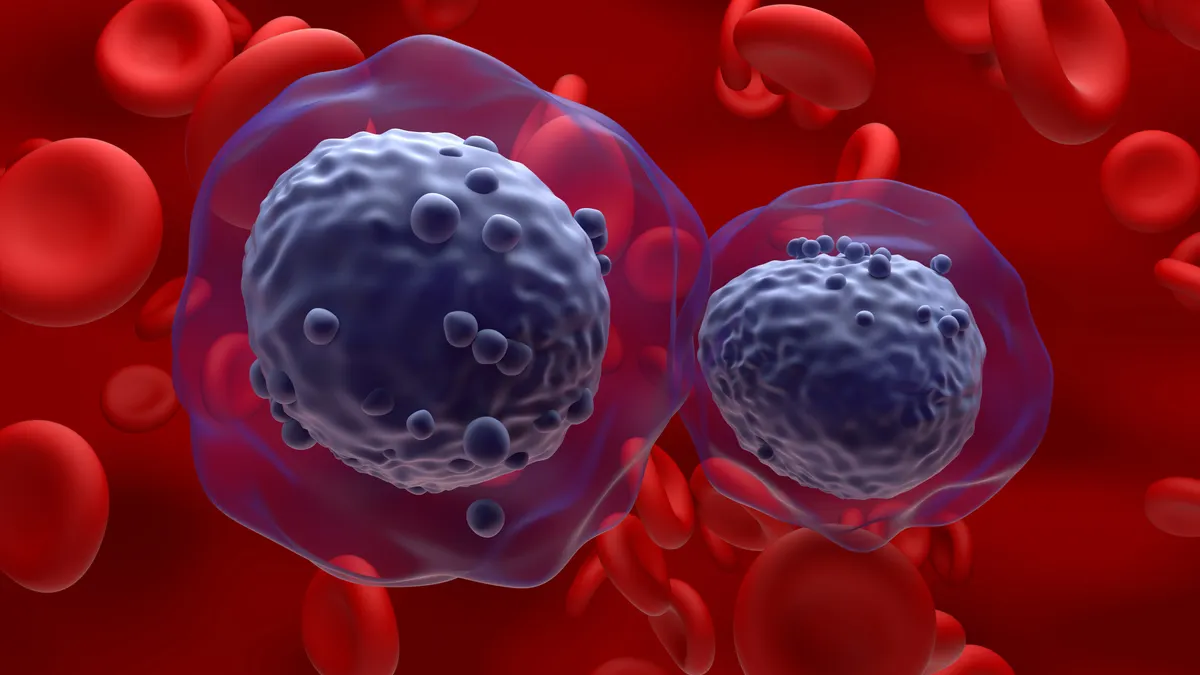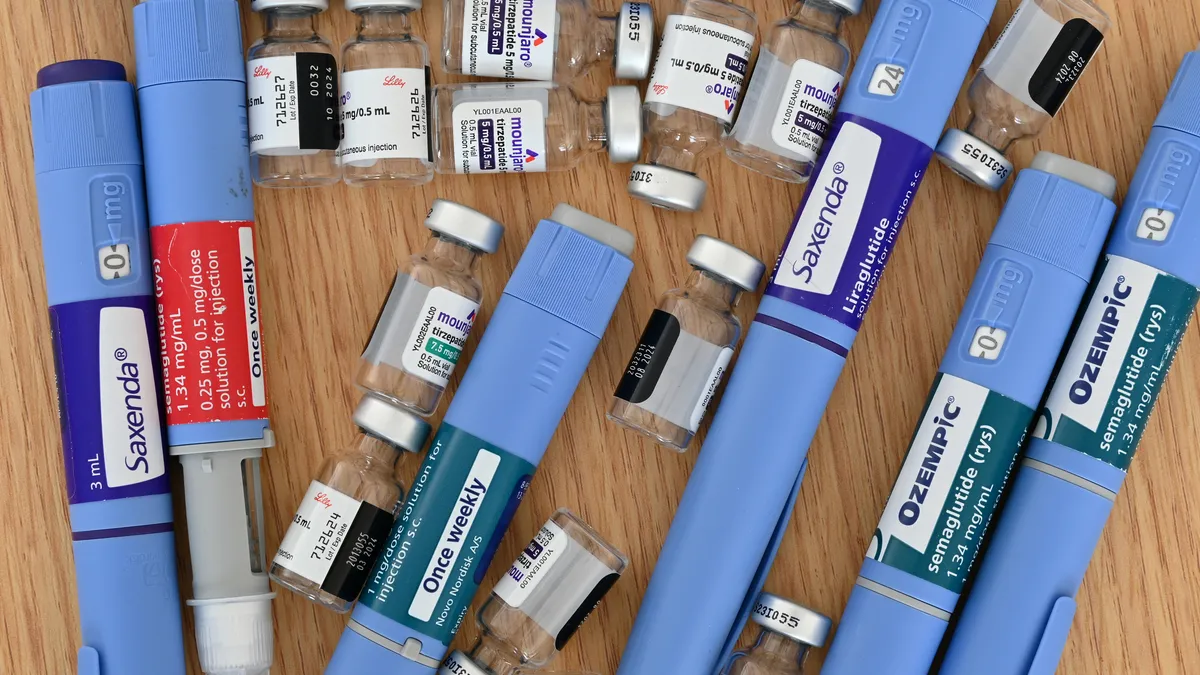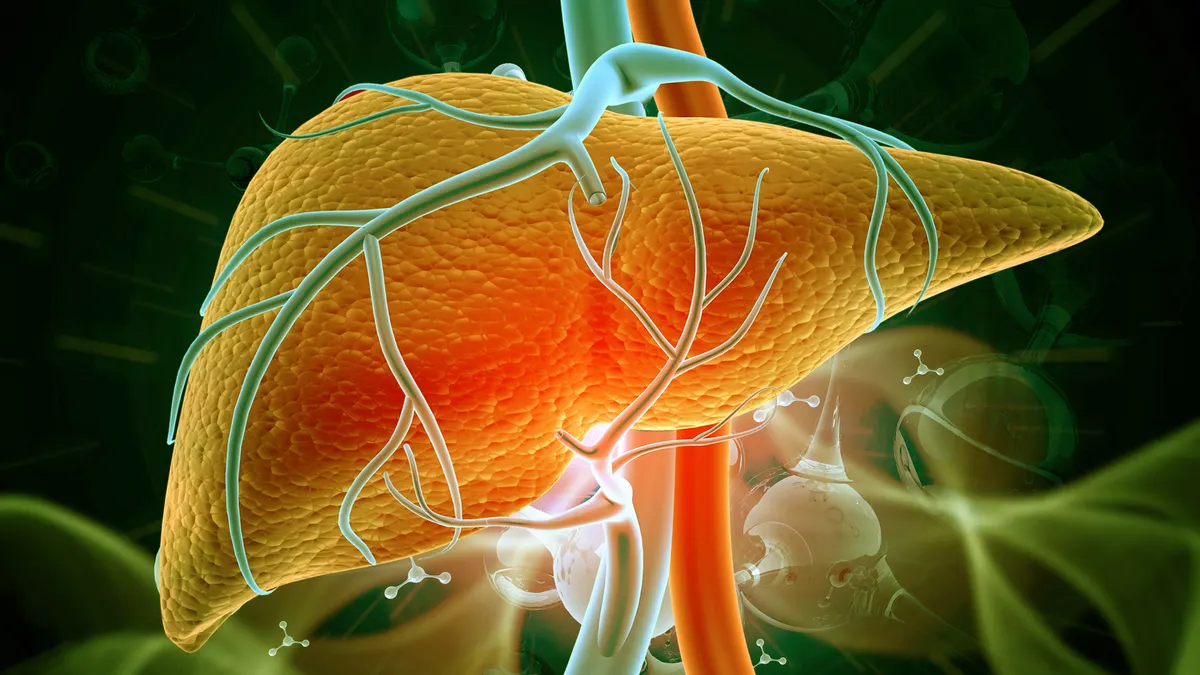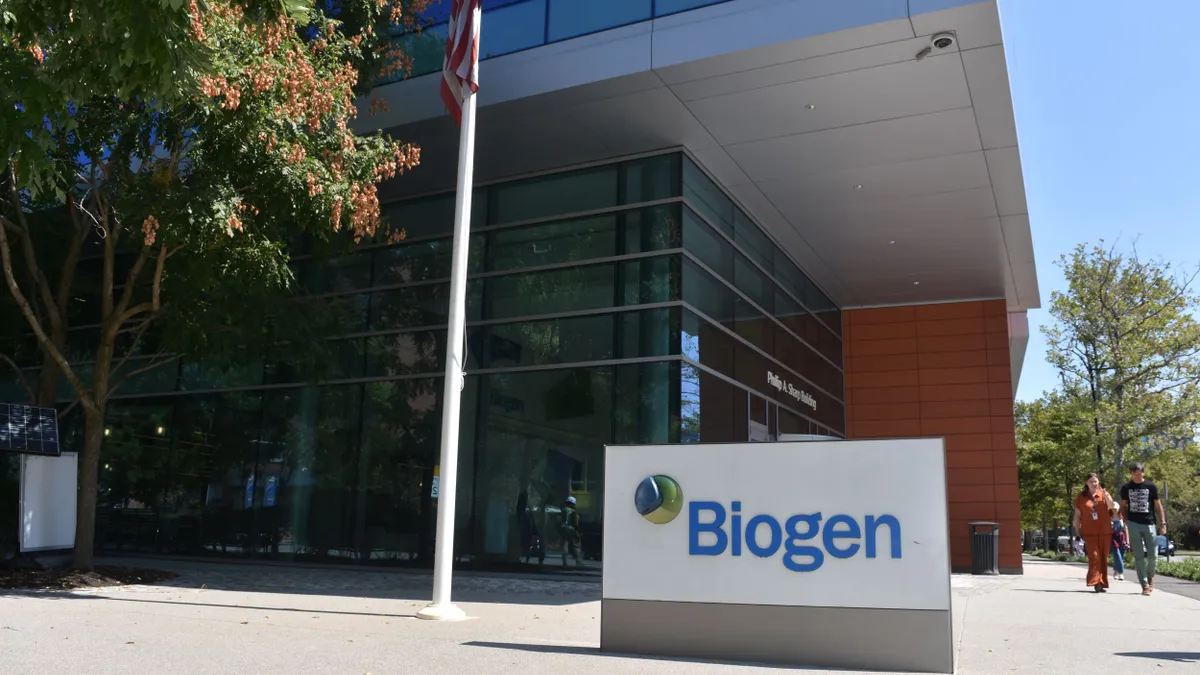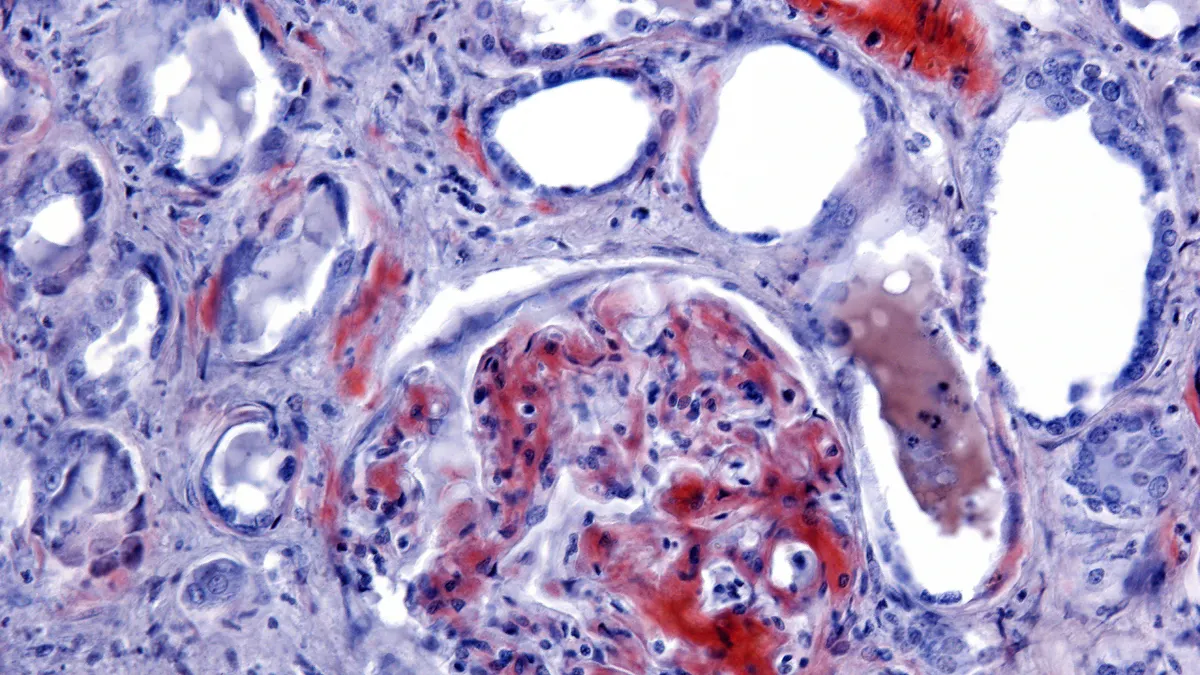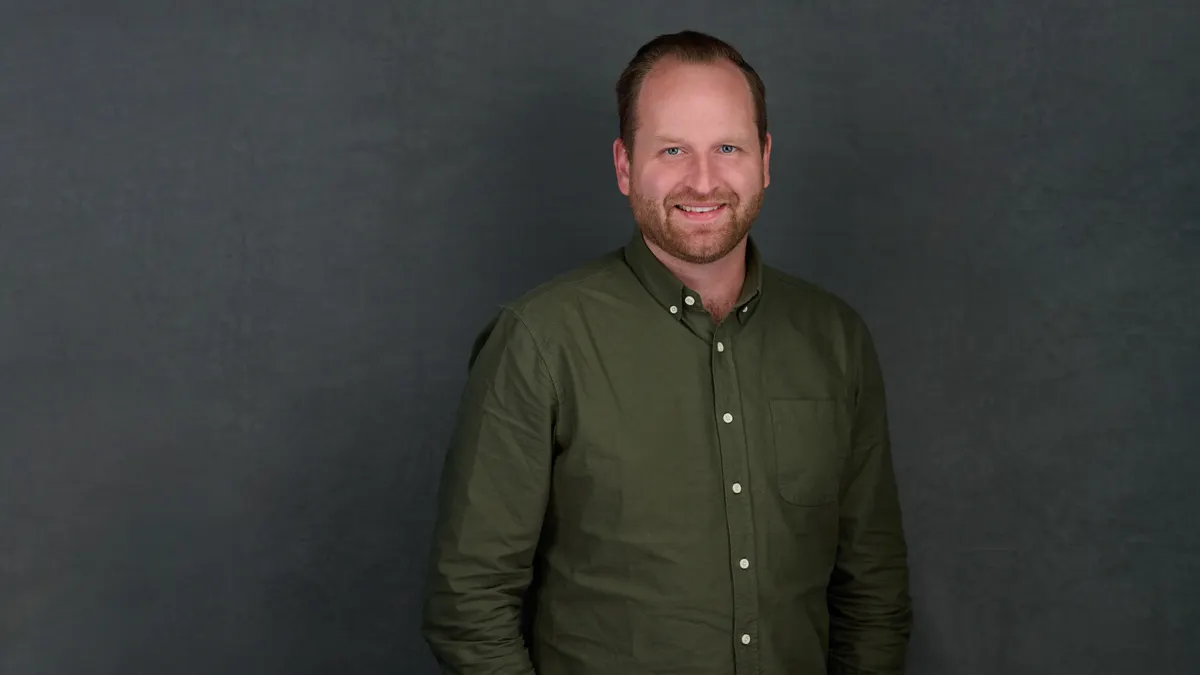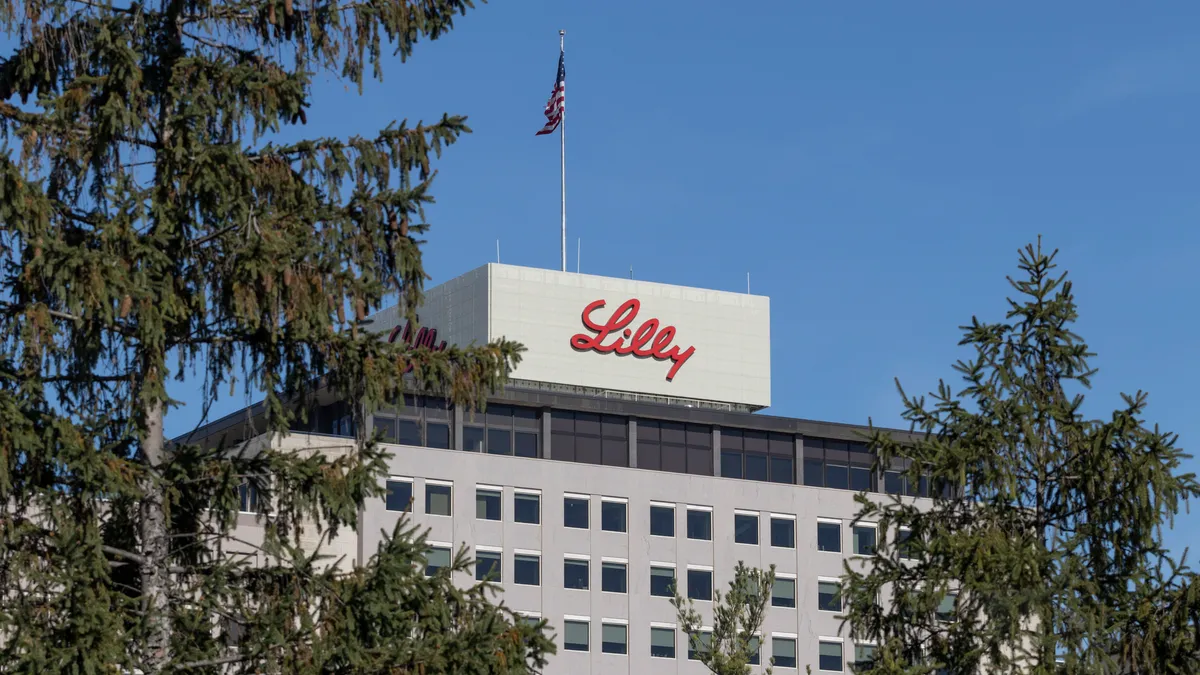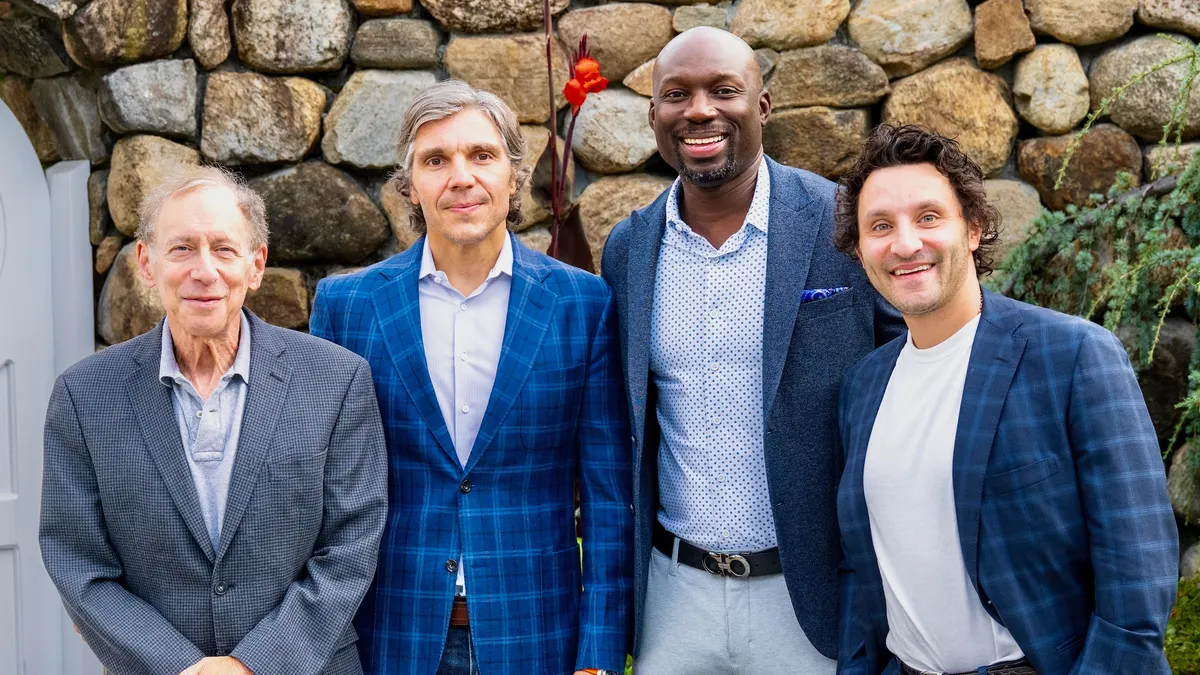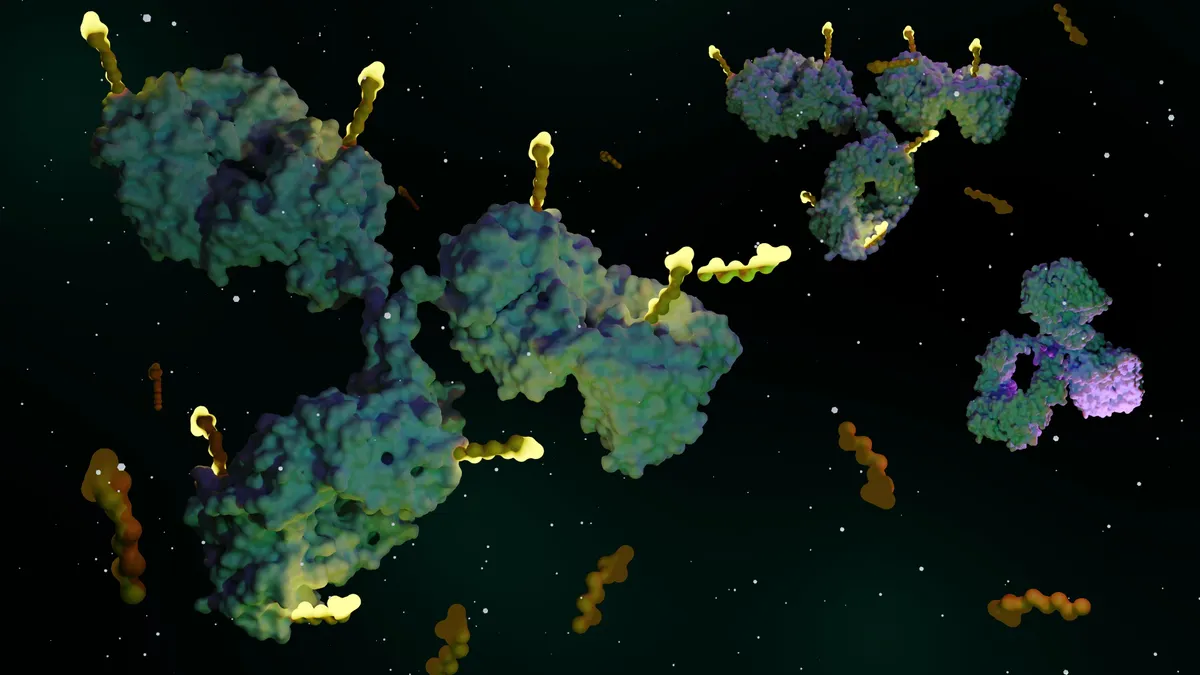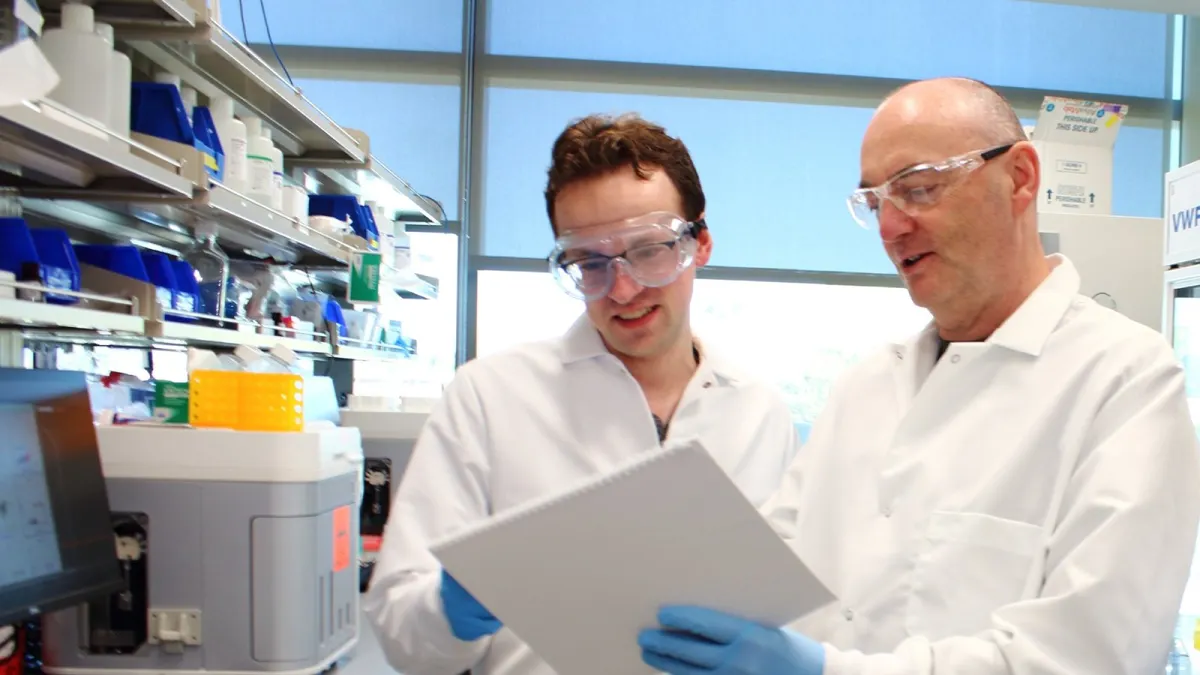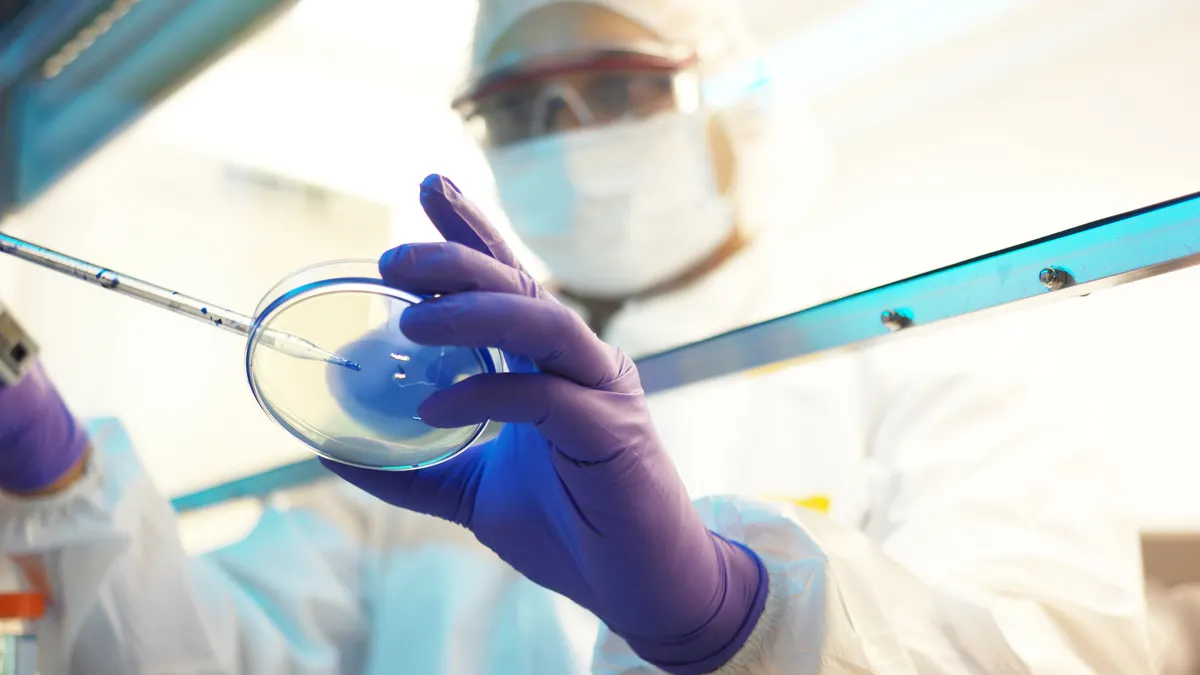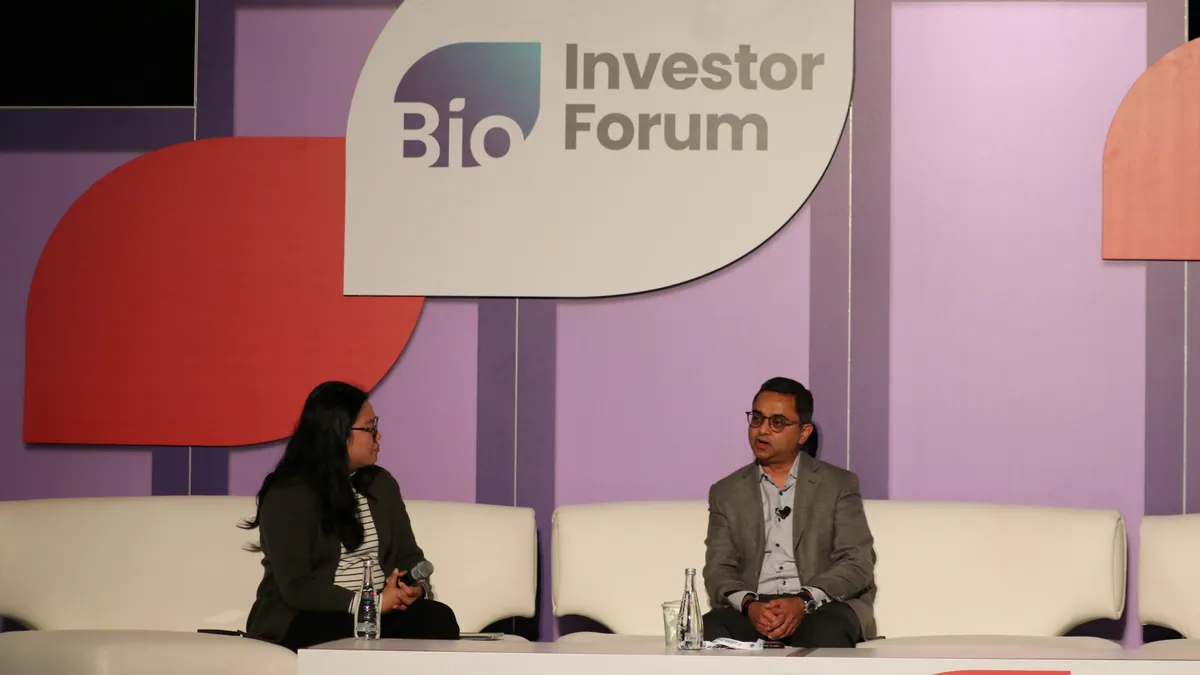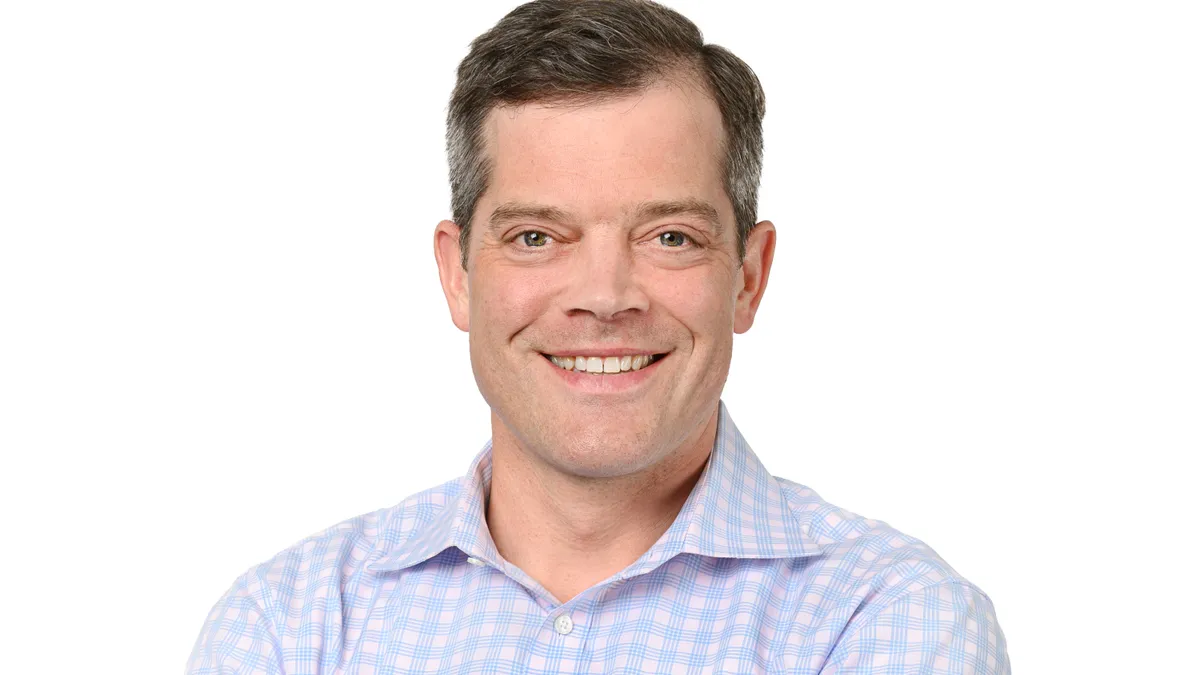For the past four years or so, veteran drug hunters Josh Bilenker and Jeff Engelman have kept tightly under wraps the details of their latest project, a biotechnology startup called Treeline Biosciences.
On Monday, they pulled back the curtain a little, unveiling the first compounds they have advanced into clinical testing for cancer. And they announced $200 million in new funding to help pay for those trials.
Since its formation in 2021, Treeline has now brought in approximately $1.1 billion — a princely sum that they’ve raised from a dozen deep-pocketed investors, including several well-known biotech venture firms, among them Arch Venture Partners, OrbiMed and GV.
That backing has given Bilenker and Engelman the freedom to build their company for the long term.
"The scale of our ambition required an honest conversation with many of the best investors in the life sciences," Bilenker wrote in a blog post accompanying Treeline's Wednesday announcement. "We asked them to help us build a team capable of repeated invention and to resource multiple programs with complementary time horizons, technical risks and patient populations."
Treeline's first programs are all in cancer, although the company hinted that its research could lead it to explore diseases of the immune system and brain, too.
Two of the three programs disclosed Wednesday were discovered by Treeline. One, dubbed TLN-121, is what's known as a protein degrader, and works by breaking down a protein, BCL6, that lymphoma cells co-opt to stay alive.
The second broadly targets mutations in a gene called KRAS that's commonly altered in solid tumors, like those of the lungs, colon and pancreas. While other companies have developed KRAS inhibitors that block a specific mutation in the gene called G12C, Treeline has designed its small molecule drug to work across KRAS variants.
Treeline in-licensed the third program from Jiangsu Hengrui Pharmaceuticals, a China-based drugmaker that's become a partner of choice for biotech and pharmaceutical companies in the U.S. and Europe. This drug targets a gene called EZH2 that encodes for a protein capable of regulating DNA expression. Treeline is testing it in people with T cell lymphomas.
In his blog post, Bilenker noted how Treeline is attempting to break from the industry’s typical milestone-to-milestone model that tends to funnel a company’s resources toward one lead program. The company has instead tried to cast a wider net to explore a range of therapeutic hypotheses.
“Treeline was not built around a platform or therapeutic area,” Bilenker wrote.
The company’s approach has meant killing programs that don’t meet its bar. “Having the luxury of moving on from programs is probably the greatest gift our funding mandate has given us,” Blinker added.
Treeline expects to have Phase 1 data from its first three clinical programs next year, and behind those aims to advance three more internally discovered medicines into the preclinical phase immediately preceding clinical trials “soon thereafter.” A fourth drug candidate could be ready for clinical testing early next year as well.
In addition to working on small molecule inhibitors and protein degraders, Treeline is also working on what it calls targeted therapy antibody-drug conjugates, which swap out the chemotherapy toxin typically used in ADCs for a more selective payload.
Prior to founding Treeline, Bilenker briefly ran a cancer drug division Eli Lilly set up after acquiring Bilenker’s company, Loxo Oncology, for about $8 billion in 2019. Three cancer medicines developed by Loxo have won Food and Drug Administration approval.
Engelman previously was global head of oncology at the Novartis Institutes for BioMedical Research and, before that, was director of thoracic oncology at Massachusetts General Hospital.
Treeline operates out of laboratories and offices in Watertown, Mass., San Diego and Basel, Switzerland.



